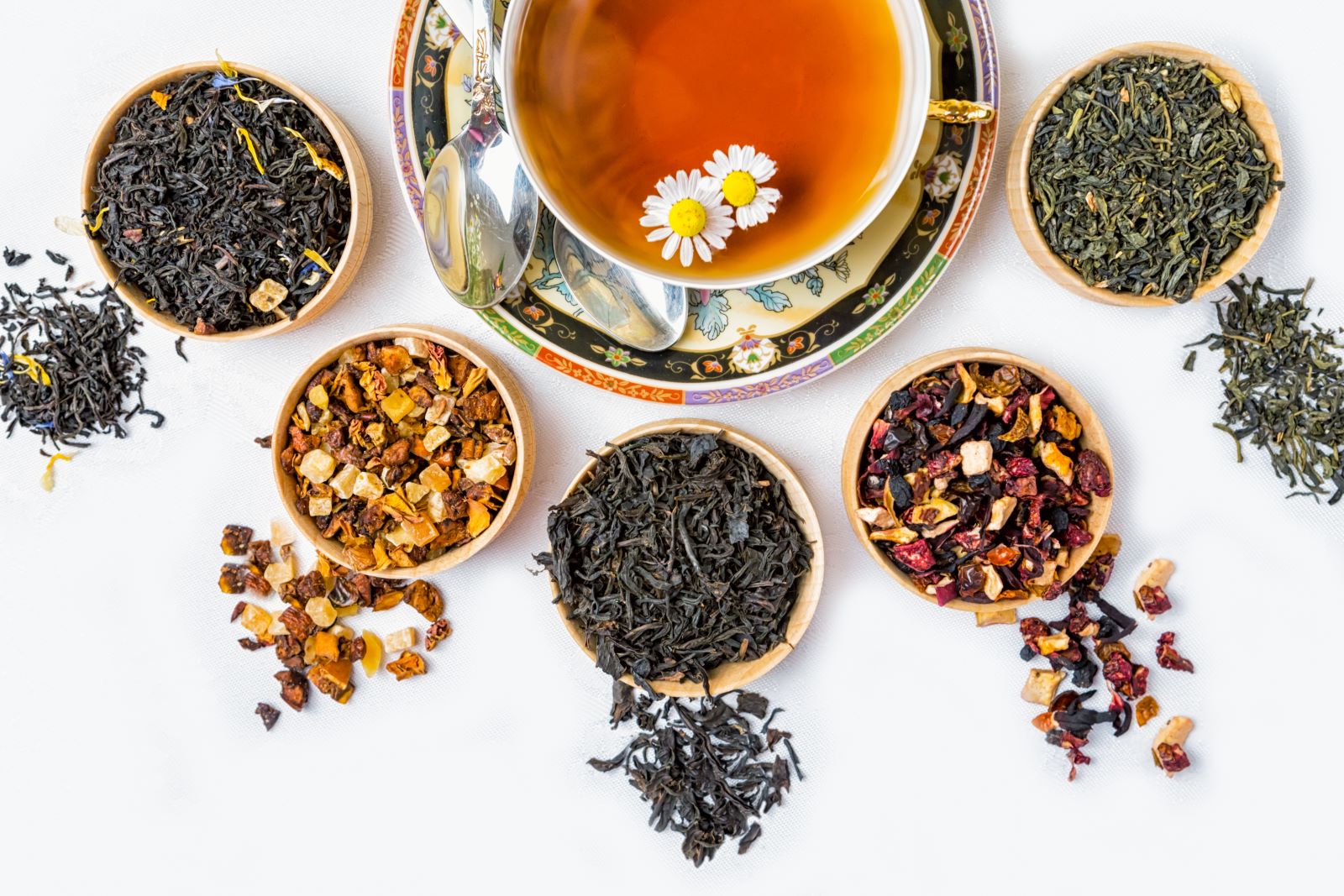Why I Stopped Buying Organic and You Should Too
After years of buying organic, I started questioning if it was really worth it. Could there be better ways to spend your hard-earned money while still eating healthy? Here’s why I made the switch and why you might want to as well.
1. High Costs

Organic foods often come with a hefty price tag. I realized I was spending significantly more on groceries without seeing a noticeable benefit.
2. Questionable Benefits

The health benefits of organic foods are often overstated. Studies show that the nutritional difference between organic and non-organic foods is minimal.
3. Misleading Labels

Organic labels can be misleading. Just because something is labeled organic doesn’t mean it’s completely free of pesticides or more nutritious.
4. Limited Availability

Finding organic options can be a hassle, especially in less urban areas. I got tired of driving extra miles or visiting multiple stores just to find certain organic products.
5. Better Budget Allocation

I found better ways to allocate my grocery budget. Buying fresh, local produce and cooking from scratch provided more health benefits and cost savings.
6. Environmental Impact

The environmental benefits of organic farming are debated. Some organic farming practices can still be harmful to the environment, making the “organic” label less impactful.
7. Pesticide Residue

While organic foods use fewer pesticides, they are not completely pesticide-free. The differences in pesticide levels between organic and conventional foods are often negligible.
8. Local vs. Organic

Buying local produce can be more beneficial than buying organic. Supporting local farmers reduces your carbon footprint and ensures fresher, seasonal produce.
9. Nutritional Content

Non-organic foods can be just as nutritious. Properly washing and preparing conventional produce can minimize any potential risks.
10. Availability of Alternatives

There are plenty of healthy, non-organic options available. By focusing on a balanced diet rich in fruits and vegetables, I found I didn’t need to rely on the organic label.
11. Food Safety Standards

Conventional foods in the U.S. are subject to strict safety standards. The stringent regulations ensure that non-organic foods are safe to eat.
12. Frozen and Canned Options

Frozen and canned fruits and vegetables can be as nutritious as fresh ones. They are often more affordable and just as healthy, without the organic premium.
13. Economic Support

Supporting conventional farmers can help local economies. Many conventional farmers practice sustainable methods that are equally beneficial.
14. Personal Health Observations

I didn’t notice any difference in my health when switching from organic to conventional. This personal insight was crucial in my decision to stop buying organic.
15. Organic Snacks and Processed Foods

Organic processed foods can still be unhealthy. Just because a snack is labeled organic doesn’t mean it’s nutritious or good for you.
16. Growing Your Own

Growing my own fruits and vegetables became a viable and enjoyable alternative. It’s cost-effective, rewarding, and ensures complete control over what goes into my food.
17. Public Perception

There’s a misconception that organic is always better. Educating myself on the facts helped me make more informed decisions without falling for marketing hype.
18. Taste and Quality

The taste difference between organic and conventional foods is often indistinguishable. Freshness and preparation methods have a much greater impact on flavor.
19. Trust in Science

Relying on scientific research rather than marketing claims guided my choices. Evidence-based decisions about food are more reliable than those based on popular trends.
20. Balance and Moderation

Focusing on a balanced diet and moderation proved more beneficial. Prioritizing variety and nutrient density made more sense than chasing the organic label.
21. Financial Freedom

Switching to conventional foods freed up funds for other healthy lifestyle choices. I could invest in fitness, travel, and other enriching experiences without feeling guilty.
Is Organic Really Worth It?

After weighing the costs and benefits, I found that the organic label didn’t justify the extra expense. Are you ready to rethink your grocery shopping habits and make more informed choices?
Not All Tea Is Good for You: List of Teas to Avoid and to Stick To

Not all teas are healthy and some might actually harm your health with poor ingredients. But how can you tell the good from the bad? This guide aims to help you make informed choices without turning you into a tea expert overnight. Not All Tea Is Good for You: List of Teas to Avoid and to Stick To
America’s Spiritual Revolution: Turning Away from Christianity to Embrace Alternatives

As church attendance declines, Americans are exploring diverse spiritual paths, from stargazing druids to unconventional deities like Wi-Fi gods and extraterrestrials. Explore the quirky and sometimes controversial new religions capturing attention as people seek meaning beyond traditional Christianity. America’s Spiritual Revolution: Turning Away from Christianity to Embrace Alternatives
25 Must-Try Global Delicacies

From Bangkok’s bustling streets to Parisian cafes, every corner of the world offers something special for your taste buds. And you don’t have to travel far; even in the USA, you can find a world of flavors. Here are 25 global delicacies every foodie should try, including some local favorites! 25 Must-Try Global Delicacies
16 Affectionate Gestures to Keep the Romance Alive

Sustaining romance in a relationship needs deliberate actions and research-backed gestures to foster intimacy. Here are 16 evidence-based romantic gestures, with steps to integrate them into your relationship and revive the spark. 16 Affectionate Gestures to Keep the Romance Alive
21 Top Christian Attractions to Explore in the U.S.

The U.S. is rich in spiritual destinations, offering awe-inspiring sites for both believers and curious travelers. Explore the 21 most popular Christian attractions across the country, where architecture, history, and faith converge. 21 Top Christian Attractions to Explore in the U.S.
The post Why I Stopped Buying Organic and You Should Too first appeared on Hello Positive Mindset.
Featured Image Credit: Shutterstock / Prostock-studio.
For transparency, this content was partly developed with AI assistance and carefully curated by an experienced editor to be informative and ensure accuracy.






